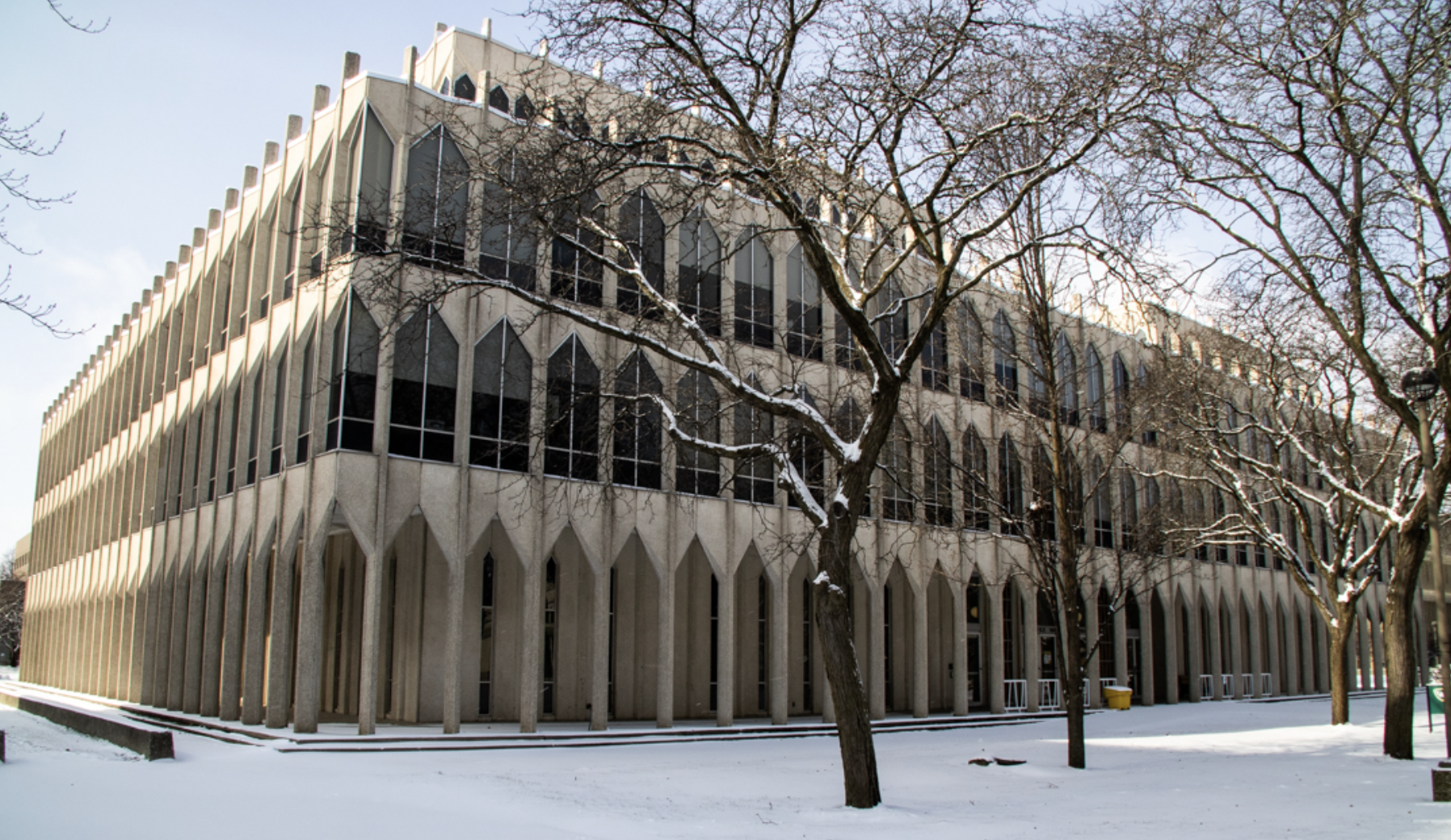The Wayne State Community Health Workers Academy, established through the College of Education, addresses the increasing demand for skilled community health workers. The program offers training and certification to individuals aspiring to impact community health positively, particularly in underserved areas, according to the CHW Academy website.
Per the Academy’s website, the CHW’s initiative reflects a shift in healthcare towards prioritizing community wellness. The Academy’s mission centers on equipping students with the necessary knowledge and skills to effectively serve diverse populations, focusing on evidence-based practices and understanding social health determinants. Graduates emerge as frontline health workers, adept at addressing the complex needs of the communities they serve.
The program’s comprehensive approach extends beyond technical healthcare training to include essential interpersonal skills, according to the Academy. This holistic educational approach enables graduates to become not just healthcare providers, but also advocates and allies within their communities.

Academy Director Nate McCaughtry, Ph.D., emphasizes the curriculum’s adaptability and responsiveness to the evolving healthcare landscape, ensuring graduates are prepared for real-world challenges.
“The CHW Academy is deeply committed to expanding the number of certified Community Health Workers (CHWs) and enhancing the skills of those already certified, particularly those from and serving the underserved communities in greater Detroit. We aim to improve health outcomes significantly,” explained Academy Director Nate McCaughtry, Ph.D. “Utilizing the MiCHWA training curriculum, we place a strong emphasis on Social Determinants Of Health and health inequities, empowering individuals, families, and communities to lead healthier lives.”
“Training CHWs native to the communities they serve is essential; their intimate knowledge and the trust they garner are invaluable in connecting with individuals and families who may be wary of social services. Our work has shown tangible benefits, including reducing ER visits and addressing homelessness, substance use disorders, and chronic disease management,” McCaughtry said. “A prime example is our initiative with Wayne Health, where CHWs in Mobile Units are combating high rates of hypertension in African American communities through focused SDOH training and improving hypertension management and medication adherence.”
Holly Joseph, the Education and Training Manager at the Academy, outlines the comprehensive training program for Community Health Workers (CHWs) made possible through a grant from the federal Health Resources and Services Administration (HRSA). This initiative supports certification and professional development for CHWs over three years, fostering opportunities in various health-related agencies.
The program consists of three key parts:
1. MiCHWA CHW Certification: Trainees undergo 126 hours of virtual instruction, group work, and self-study, resulting in official CHW certification and a Mental Health First Aid certificate.
2. Specialized Training: A minimum of 24 hours of additional training is selected from the CHW Academy Education Catalog. These asynchronous courses are self-paced, offering flexibility to the trainees.
3. Apprenticeship: Following certification, trainees work for one year at their respective agencies, during which they are considered apprentices, meeting the HRSA requirement and qualifying for a U.S. Dept. of Labor Apprentice certificate.
“Participants in the program benefit from significant support, such as covered certification fees, free curriculum materials, a tablet computer, and financial stipends upon completing certain milestones. These incentives are designed to motivate trainees to advance in their careers while securing the necessary credentials to provide services reimbursable through Medicaid and Medicare,” Joseph said. “The Academy’s program not only equips CHWs with valuable skills but also aligns with upcoming requirements for Medicaid and Medicare reimbursement, enhancing both employee retention and service quality within the health sector.”
McCaughtry said the CHW program helps WSU stand out as a university.
“The program’s impact extends into the vibrant, diverse metropolitan area of Detroit, highlighting Wayne State University’s dedication to community service and social justice,” McCaughtry said.
Klea Kojku, a recent graduate of the certification program, said the Academy provided her with the necessary resources for her career.
“The Wayne State Community Health Workers Academy gave me the knowledge and confidence to effectively serve my community. I now work with vulnerable populations, providing them with the support they need to lead healthier lives. It’s a rewarding and fulfilling career,” Kojku said.
Students and alumni of the Academy, like Kojku, attest to the program’s profound influence on their careers and lives.
The WSU Community Health Workers Academy stands as a testament to the transformative power of education and community engagement. It plays a crucial role in meeting the growing need for community health workers and is a pivotal part of WSU’s commitment to excellence in education and community service.
Robert D. Alexander-Jordan is a contributing writer to The South End. Contact Alexander-Jordan at robertjordan@wayne.edu.
Cover photo by Quinn Banks.
This article originally appeared here on The South End.

